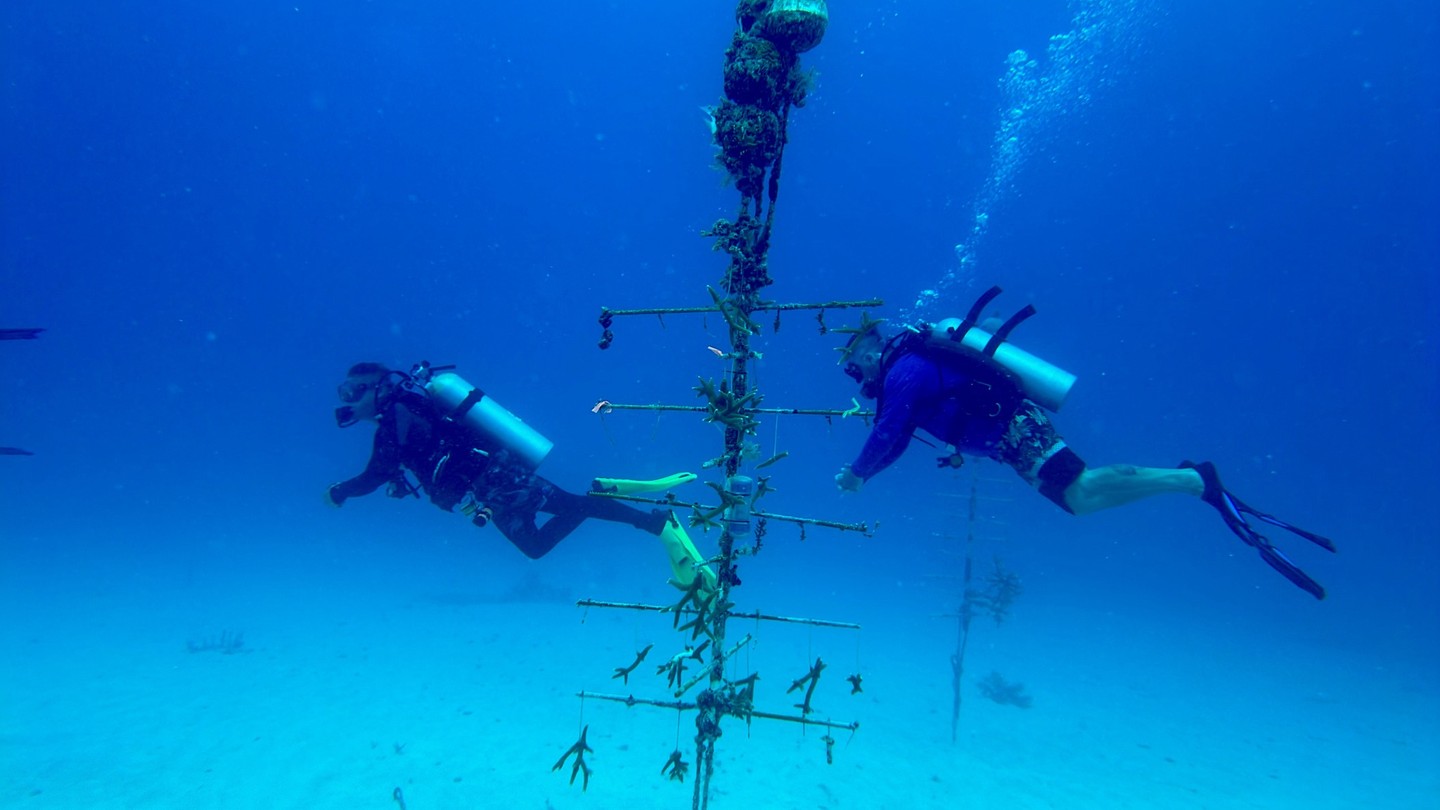- The significance of coral reefs and their ecological importance.
- The threats facing coral reefs today and the urgent need for conservation.
- The role of Jason Sheremeta and the Deepwater Conservation Initiative in reef restoration.
- Methods and technologies employed in coral restoration.
- The impact and future prospects of coral conservation efforts.
Coral reefs, often referred to as the rainforests of the sea, are vital marine ecosystems with immense ecological significance. They cover less than 1% of the ocean floor yet support approximately 25% of all marine species. These reefs provide habitat and shelter for many marine organisms, contributing to biodiversity and genetic resources which are crucial for maintaining ecological balance. Additionally, they offer substantial socioeconomic benefits, including supporting fishing industries and tourism, which are integral to the economies of many coastal communities.
However, coral reefs face numerous threats that jeopardize their existence and the services they provide. Climate change, with its associated rise in sea temperatures, leads to coral bleaching, a condition where corals lose the algae that are essential for their survival. Ocean acidification, another byproduct of increased CO2 in the atmosphere, further weakens coral skeletons. Overfishing disrupts fish populations that help maintain reef health, while pollution from land-based sources contributes to the degradation of these delicate ecosystems. These challenges underline the urgent need for active conservation and restoration efforts.
One individual at the forefront of these efforts is Jason Sheremeta, a diver with the North Carolina Aquarium at Fort Fisher, who collaborates with the Deepwater Conservation Initiative (DCI) in Key Largo, Florida. His work is a testament to the passion and commitment required to combat these growing threats to coral reefs. Through practical conservation activities, Sheremeta and his team are playing a crucial role in preserving the ocean’s beauty and health.
The methods used in coral reef restoration are both innovative and effective. One of the primary techniques involves coral gardening, where fragments are taken from healthy corals and nurtured in underwater nurseries until they are robust enough to be transplanted back onto damaged reefs. This method not only accelerates the growth of coral populations but also allows for the cultivation of resilient coral varieties that are better adapted to withstand environmental stresses. Additionally, researchers employ advanced technologies such as 3D mapping and modeling to assess reef conditions and identify optimal restoration sites. These cutting-edge tools help conservationists prioritize efforts and allocate resources efficiently.
The impact of these coral restoration efforts extends beyond immediate ecological benefits. By restoring coral reefs, we are also safeguarding the livelihoods of millions who depend on them for food and income. Healthy reefs enhance local fish populations, which in turn supports commercial and subsistence fishing. Moreover, thriving reefs attract tourists, bolstering local economies that rely heavily on tourism revenues.
Looking ahead, the future prospects of coral conservation are contingent upon sustained commitment and collaboration across various sectors. Education and raising public awareness about the importance of coral reefs and the threats they face are critical steps in fostering a culture of conservation. Policymakers must enact and enforce regulations that limit harmful activities such as overfishing and pollution, while supporting large-scale initiatives to address climate change and its impacts on marine environments.
In conclusion, the task of saving coral reefs is formidable, but with dedicated individuals like Jason Sheremeta and initiatives like the Deepwater Conservation Initiative leading the charge, there is hope. By focusing on restoration techniques, leveraging advanced technologies, and fostering global cooperation, these efforts are paving the way for a resilient and vibrant future for coral reefs. Such commitment is essential in ensuring that these ecosystems continue to thrive and support life both above and below the waves—one dive at a time.
*****
Source Description
🌊 Saving Coral Reefs, One Dive at a Time! 🌿🐠
Excited to share on @zoos_aquariums the coral restoration work of NCAFF diver Jason Sheremeta. He joined the Deepwater Conservation Initiative (DCI) in Key Largo, FL, to restore coral reefs 🪸. With a passion for protecting these vital ecosystems, the North Carolina Aquarium at Fort Fisher is committed to making a difference. 💙 Through hands-on conservation work, our team is preserving the beauty and health of our oceans. 🌎🌊
Read more: https://bit.ly/4iciFVf
@deepwaterconservation

